While Nissan is launching a third-generation Leaf for 2026, the Japanese automaker has decided to drop its other battery-electric vehicle, the Ariya, for the 2026 model year. More from Headlight. News.
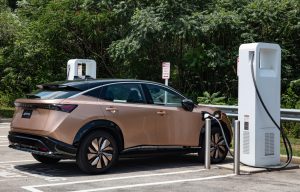
Nissan launched its second all-electric model, the Ariya in 2023, but it has canceled other introductions.
Nissan will have just one all-electric model in U.S. showrooms this coming year. It has advised dealers it is pausing production of the bigger and more expensive Ariya SUV, though it’s unclear if it might bring that electric crossover back later.
The move reflects what were already weak sales and the prospect that demand will further decline once the Trump administration ends tax credits for EV buyers on September 30.
While Nissan is launching an all-new version of the Leaf for 2026, production is being slashed well below initial plans, according to Japan’s Nikkei news service, though that reflects problems with battery supplies, as well as weakening demand.
Why is Ariya going away
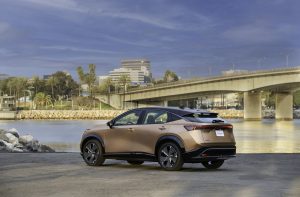
Ariya was meant to address some of the original Leaf’s shortfalls, including range, performance and charging speed.
Originally set to go on sale in 2021, the bigger of Nissan’s EVs was repeatedly delayed, only reaching U.S. showrooms in late 2023. Demand never lived up to expectations, company officials told Headlight.News on background, despite offering longer range, better performance and more features than the little Leaf.
Only 11,619 were sold during the first half of 2025. That was up from 9,354 during the same period the year before. By comparison, Honda sold 16,317 Prologue EVs between January 1 and June 30, 2025, American customers snapping up 19.092 Hyundai Ioniq 5s, and 21,785 of the Ford Mustang Mach-Es. Segment leader Tesla doesn’t release clear U.S. data by analysts estimate the numbers came to 146,000 for the Model Y.
Looking forward, there are several problems Nissan had to consider, including tariffs on Japanese auto imports. Even though a new U.S.-Japan trade deal takes that down from 27.5 to 15% it’s still six time more than what duties had been before the Trump trade war was launched. Then there’s the fact that the U.S. EV market is widely expected to tumble after tax credits go away. That has led most major automakers to rethink their own battery-electric strategies, a number of models either being dropped from plans or pushed back on the calendar. For its part, Nissan has already delayed or canceled a number of EVs, including two that were supposed to be assembled at the automaker’s Canton, Mississippi factory.
In a memo sent to U.S. retailers obtained by Automotive News, Nissan said the decision to pause Ariya for 2026 “enables the company to reallocate resources and optimize its EV portfolio as the automotive landscape continues to evolve.”
Will it return
Asked about that decision, Trisha Jung, Nissan’s senior director for EV strategy told the publication, “When you look at what’s going on between incentives and the value that the vehicle is bringing brandwise, and economically long term, the fact is [the Ariya] has a different valuation today than it did before.”
This doesn’t mean that Ariya is gone for good. A Nissan representative, asking to talk on background, said there is still a chance that Ariya could return in 2027 or beyond.
For now, though, the financially troubled automaker is focusing its attention on its launch of the third-generation Leaf.
More Nissan News
- First Drive: 2026 Nissan Leaf
- A Week With 2025 Nissan Murano
- Nissan Shutters its Flagship Japanese Factory
Leaf faces its own troubles
The Nissan Leaf, at the very least, has locked down a place in the automotive history books as the very first mass market battery-electric vehicle. But while it debuted with much fanfare Leaf has generated little more than a whimper in recent years.
The 2026 EV addresses key shortfalls in terms of range, performance, charging times and features, and starts at just under $30,000, making it one of the most affordable all-electric models in the U.S. By comparison Ariya starts at $41,265.
Unfortunately for Nissan, there are other problems that could short-circuit the launch of the 2026 Leaf. The Nikkei reported that the automaker has slashed production through September – a period when it normally would be expected to rapidly ramp up output at the Tochigi plant in Japan. Automotive News reported that the cuts are the result of problems with Leaf’s battery supplier, and that allocations to the U.S. market will, for now, be limited to just 500 of the EVs monthly.


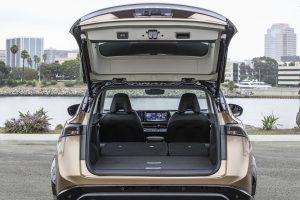
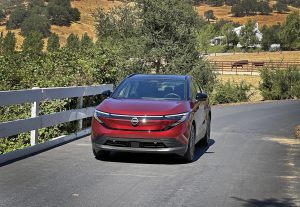
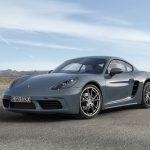
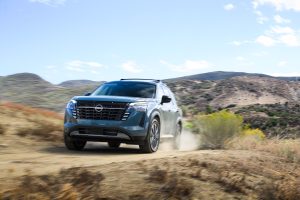
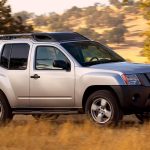
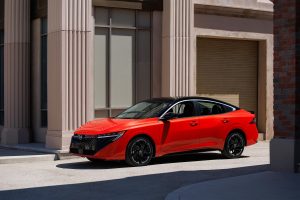
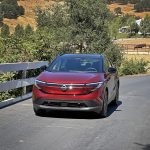
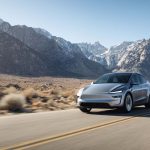
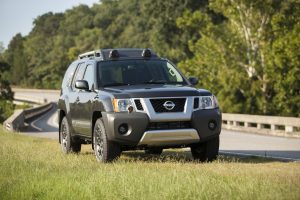
0 Comments